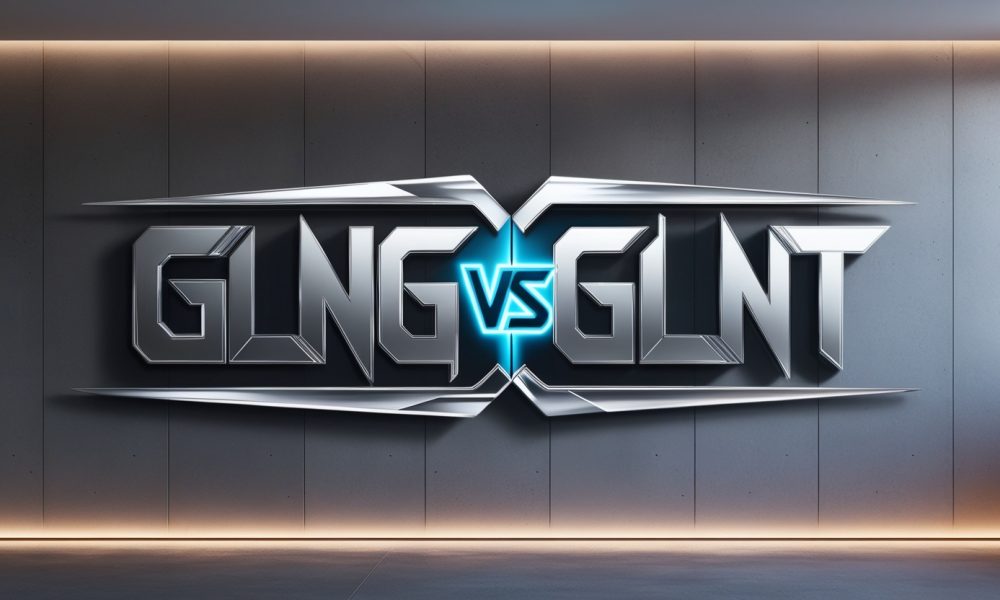In the world of gaming, acronyms and shorthand terms are essential tools for effective communication among players. From fast-paced multiplayer games to strategic discussions, gamers often rely on acronyms to convey complex concepts quickly. Among these terms, GLNG and GLNT have sparked a great deal of interest and confusion, as both are widely used but serve different purposes. In this article, we’ll break down the differences between GLNG and GLNT, helping you understand their significance in gaming contexts.
What Do GLNG and GLNT Stand For?
At the core of this discussion is the meaning behind each acronym. While both are common in gaming circles, they carry distinct meanings.
- GLNG stands for “Good Luck, No Game.” It’s often used in situations where players wish each other well but acknowledge that a game or match may not happen as expected. This could be due to technical difficulties, a mismatch of teams, or simply the cancellation of a game.
- GLNT, on the other hand, stands for “Good Luck, Next Time.” This phrase is more commonly used after a player or team experiences a loss, defeat, or setback. It’s a friendly and encouraging way of saying that the next opportunity will bring better results.
GLNG in Practice
GLNG is typically used when something prevents a game from taking place. Here are a few typical situations where you may come across:
- Server or Connection Issues: If a server crashes or connectivity problems prevent a match from starting, players might say “GLNG” to express their disappointment while wishing others luck in future matches.
- Team Imbalances: In multiplayer games, if one team is significantly stronger than the other, players may acknowledge that the match isn’t fair by using “GLNG.”
- Match Cancellations: If a scheduled game is canceled for any reason, participants may use GLNG to indicate that no game took place and extend their good wishes for future matches.
GLNG is particularly useful for maintaining sportsmanship and positive energy when things don’t go as planned.
GLNT in Practice
GLNT, in contrast, is used after a match has been completed but didn’t end in victory for one side. It’s a polite and supportive way to handle defeat and is often used in these situations:
- Post-Match: When a player loses a round or game, their opponent may say “GLNT” as a form of consolation, offering encouragement for future games.
- Encouragement in Tournaments: In competitive tournaments, where players may face multiple rounds, GLNT is a popular way of reassuring someone that they have more opportunities ahead, despite their current loss.
- Learning Moments: Gamers often use GLNT to remind each other that every loss is a learning experience, and improvement is just around the corner.
GLNT fosters a sense of community by focusing on future possibilities rather than current disappointments.
Differences in Usage
While both GLNG and GLNT share a positive sentiment, the key differences lie in their contexts:
- GLNG is used when no game occurs or when the game is deemed unfair or imbalanced from the start. It’s often applied in a neutral or apologetic tone.
- GLNT, however, is used after a game has been played, specifically after a loss, to encourage and uplift the losing party.
In short, GLNG addresses situations where a game never fully materializes, whereas GLNT speaks to games that have ended but didn’t yield the desired outcome for one side.
Why Understanding These Acronyms Matters
Understanding the differences between GLNG and GLNT helps gamers communicate more effectively and maintain a positive atmosphere in both casual and competitive settings. Knowing when to use each acronym can foster goodwill and help players handle situations with grace and sportsmanship.
In a fast-paced environment where games can often lead to frustration or tension, these terms provide a simple and thoughtful way to support your fellow players. By recognizing when a game isn’t possible (GLNG) and when someone deserves encouragement after a loss (GLNT), you contribute to a more inclusive and respectful gaming culture.
Conclusion
The world of gaming is full of acronyms, and understanding their meanings can go a long way toward improving communication and sportsmanship. GLNG and GLNT may seem similar at first glance, but their distinctions are important in the context of gaming. GLNG acknowledges when games can’t or don’t happen, while GLNT encourages players to keep trying after a loss. By using these terms appropriately, players can promote a positive and supportive gaming experience for everyone involved.

